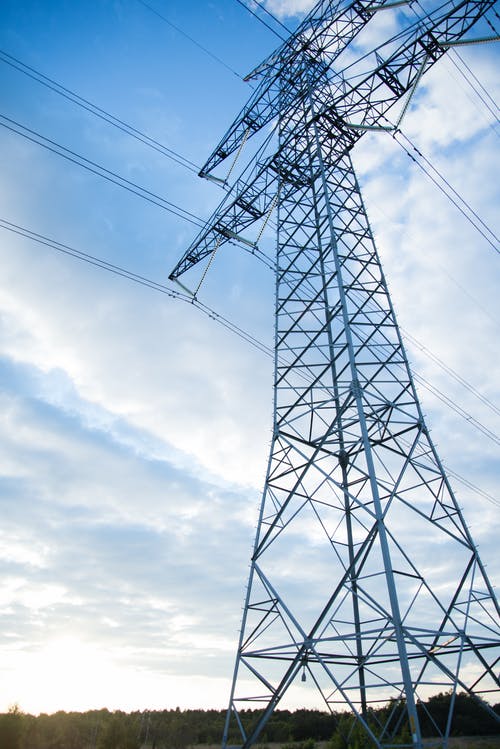FERC Seeks Input to Enhance Transmission Incentive, Return on Equity Policies

The Federal Energy Regulatory Commission on March 21 issued notices of inquiry to gather information on possible improvements to rules governing electric transmission incentives and the agency’s approach to determining the return on equity, or ROE, for setting jurisdictional rates charged by public utilities.
Transmission incentives are crucial to spur investment, which can provide benefits, such as improving grid reliability, reducing congestion, and allowing access to remotely-located renewable resources. The commission is examining whether these incentives should be based on a proposed project’s benefits, rather than risks and challenges, and whether to review incentive applications on a case-specific or generic basis. The agency is also exploring ways to better encourage enhancements to existing facilities, approaches to a more thoughtful consideration of evolving transmission technologies in the context of the incentive policy, and the need for additional analysis of incentive combinations. For incentives that are adders to ROE, the agency is addressing the requirements for, the level of, and the design of these incentives, and how they are used to calculate base ROEs.The commission promulgated the existing rules nearly 13 years ago and provided guidance regarding aspects of those rules in a 2012 policy statement.
The ROE inquiry stems from a 2017 ruling by the U.S. Court of Appeals for the D.C. Circuit, which remanded a FERC order setting the base ROE for a group of New England transmission owners. The court ruled that FERC inadequately justified its decision to set the ROE at the midpoint of the upper half of the zone of reasonableness produced by a two-step discounted cash flow approach. The agency is seeking stakeholder comment regarding whether, and if so how, to revise its policies on designing rates for public utilities, as well as natural gas and oil pipelines.
EnerKnol Pulses like this one are powered by the EnerKnol Platform—the first comprehensive database for real-time energy policy tracking. Sign up for a free trial below for access to key regulatory data and deep industry insights across the energy spectrum.
ACCESS FREE TRIAL